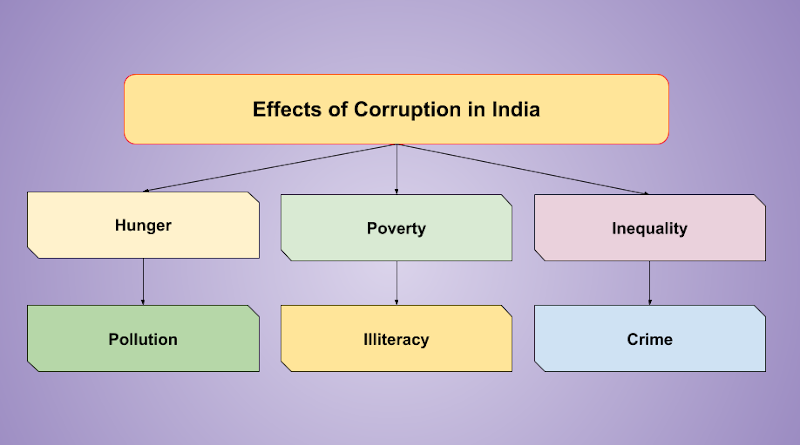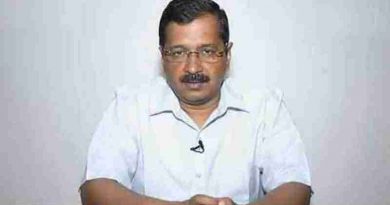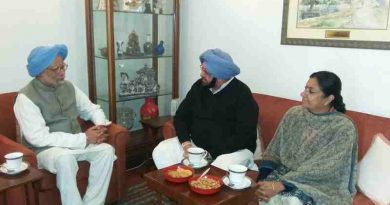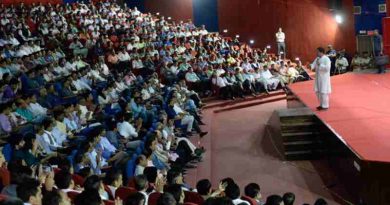Corruption Is Lifeblood of Indian Bureaucrats and Politicians: Report

India Corruption Research Report 2022 (ICRR 2022) released in October 2022 reveals various aspects of corruption in India.
Today, according to the report, no government in India is willing to stop corruption because now it has become the lifeblood of Indian bureaucrats and politicians. All major global anti-corruption organizations observe that corruption has been increasing at an alarming pace in India while the government has no plans and procedures to stop corruption in the country.
Now it appears that corruption has become an integral part of independent India while all State governments as well as the Central government have been encouraging corruption instead of removing it. While political corruption is rampant, bureaucratic naivety or inefficiency is the worst form of corruption. The survival of politicians and political parties depends on corruption money which is used to purchase voters, legislators, and commit all sorts of electoral frauds.
India Corruption Research Report 2022 (ICRR 2022) adds that almost all the politicians in the State governments are highly corrupt. But this report mainly covers the case studies of national political parties: Bharatiya Janata Party (BJP) of prime minister Narendra Modi and Congress of leaders Sonia Gandhi and Rahul Gandhi. Although the Aam Aadmi Party (AAP) of Arvind Kejriwal is a local political group, it is embroiled in major corruption scandals and it appears that AAP is the only party in which almost all the politicians are corrupt. So, the report also covers AAP.
Bureaucrats work hand in glove with corrupt politicians to circumvent the law and indulge in corrupt practices. There is no administrative mechanism for the general public to get rid of corruption. Courts are also not quite willing to handle corruption cases because the Indian judiciary is largely controlled by corrupt politicians. Estimates suggest that India is losing around $1 trillion annually to corruption. This amount is nearly 36% of India’s GDP.
Now it is not only the bureaucratic and political corruption that is troubling ordinary Indians, but in recent years small groups of white-collar criminals have started operating like sophisticated extortion gangs in different cities of India. They bribe the corrupt bureaucrats to circumvent the law and extort money from ordinary citizens.
Police and law-enforcement agencies are not trained to deal with white-collar crimes such as corruption by organized criminal groups which operate openly in different localities. As bureaucrats also lack knowledge to operate in the modern information-driven world, they are not capable of addressing public complaints on corruption. Strangely, most bureaucrats do not treat corruption as a crime.
Since the administrative systems have totally collapsed in India, corruption is increasing at a rapid pace. Government officials and politicians keep sending people’s complaints from one office to another like a post office, but they never take administrative decisions to catch and punish the corrupt officials.
Finally, the aggrieved citizens are left with no other option but to approach the courts. But since courts are always overcrowded and judicial systems are inefficient, the court decisions are either inordinately delayed or lack justice. The less said about the Indian courts, the better.
Now corruption has reduced India to a level of criminalized kleptocracy, in which all the four pillars of democracy have collapsed. As a result, India continues to be a poor, underdeveloped country. The sorry plight of Indians indicates that India has already become a politically unstable banana republic with rampant lawlessness, corruption, and exploitation of the ordinary citizens. Now India should formally appear in the list of banana republics such as Botswana, Guatemala, Nigeria, Zambia, and Cuba.
If the situation is not controlled immediately, it is expected that international sanctions will be imposed on India because of the government’s failure to stop increasing crime and corruption in the country.
You can click here to read the full report and click here to watch a related video. You can also share the report with your friends and colleagues through email, WhatsApp, or other social media channels so that they could support this anti-corruption initiative.





